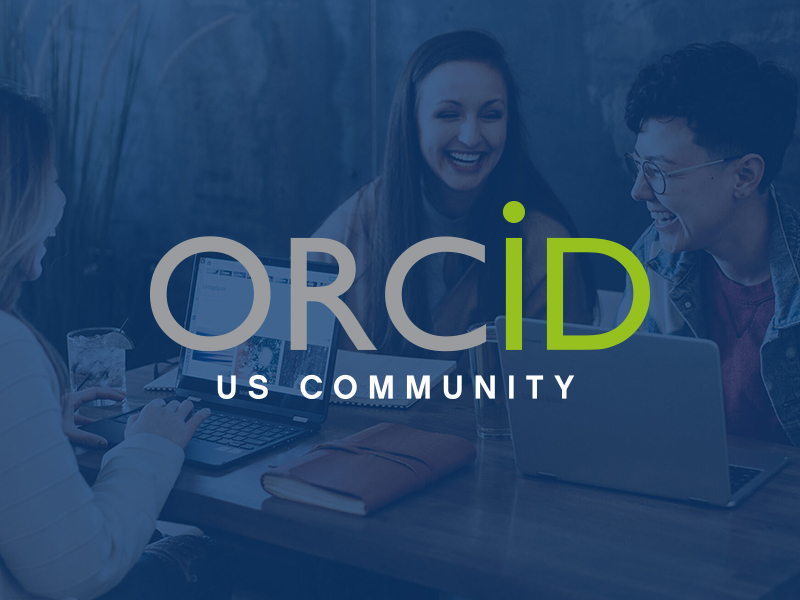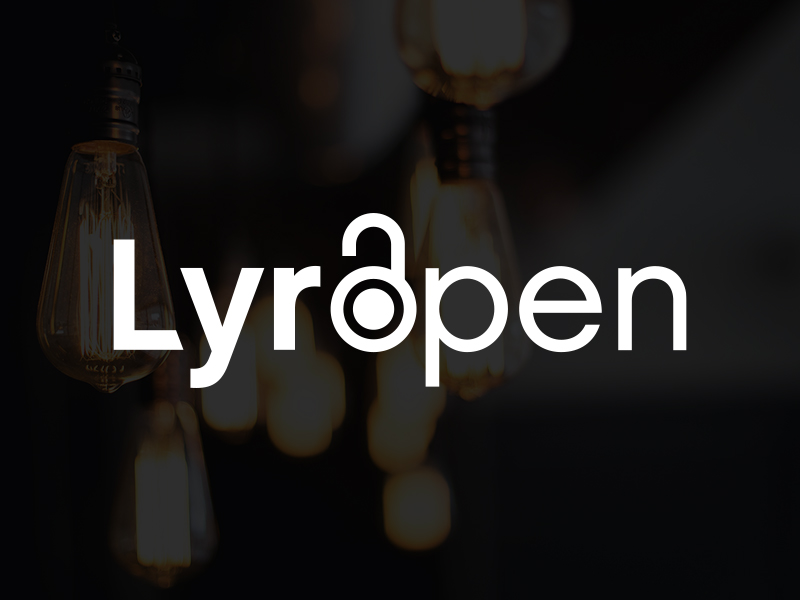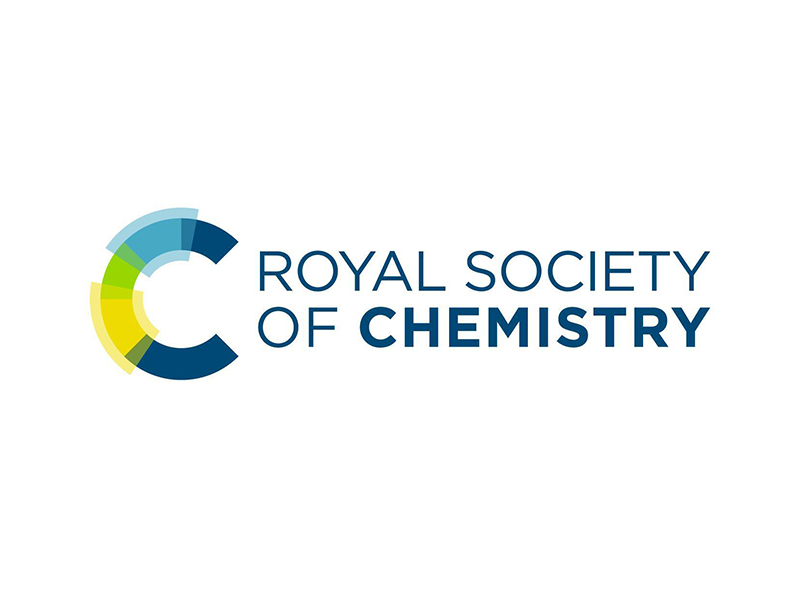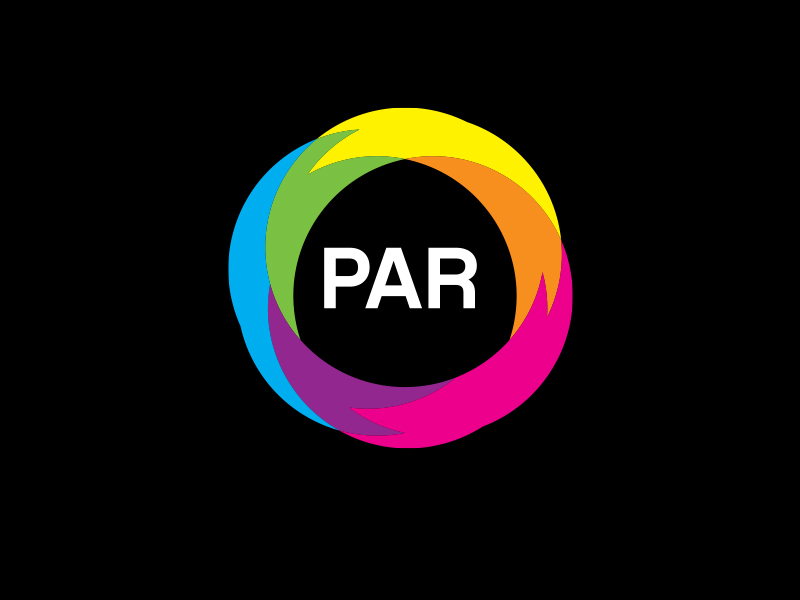In February 2024, ORCID announced the third round of Global Participation Fund recipients, including a proposal submitted by Lyrasis for improvements to ORCID functionality in DSpace. ORCID’s relatively new Global Participation Fund program, launched in 2022 as part of ORCID’s Global Participation Program, is designed to support equity of access to ORCID, improving the visibility of … Read More
Blog: Full Width
Third Annual LyrOpen Fair
The third annual LyrOpen Fair will be held virtually in April 2024, with five webinars exploring the open research and scholarship ecosystem — an introductory session followed by four sessions, each dedicated to different aspects of open. Presentations feature a variety of speakers. Detailed information about each session, including registration, is available below. Any of the … Read More
Lyrasis and the Royal Society of Chemistry Sign Transformative Open Access Agreement
The Royal Society of Chemistry (RSC) and Lyrasis have entered into an open access publishing agreement to accelerate momentum toward global open access scholarship. This partnership is one of the first and largest library consortium-based open access agreements with RSC in the United States to date. This groundbreaking agreement enables all corresponding authors affiliated with … Read More
Lyrasis Learning March Spotlight: Performing Arts Readiness
Our March Class and Instructor Spotlight is the Performing Arts Readiness project. We have three free PAR classes coming up in March: Networking for Disaster Management in the Performing Arts March 7, 2 – 4 p.m. EST Health and Safety for Performing Arts Organizations March 14, 2 – 3:30 p.m. EST Lessons Learned from the … Read More
ORCID Campus Outreach at the University of Nevada Las Vegas
The University of Nevada Las Vegas (UNLV) reinvigorated their ORCID outreach efforts during the global pandemic in 2020, engaging the university’s stakeholders with successful results. UNLV, an ORCID US Community member, was granted an R1 research status in 2018. With this new distinction, more support for researchers to increase research activity has become a priority. … Read More
How Persistent Identifiers Work Together in the Research Ecosystem
Persistent Identifiers (PIDs) are part of the open research infrastructure that helps to make research and scholarly resources more FAIR (Findable, Accessible, Interoperable and Reusable). According to the US Department of Energy’s Office of Science and Technical Information, “A PID is a digital identifier that is globally unique, persistent, machine resolvable, has an associated metadata … Read More




